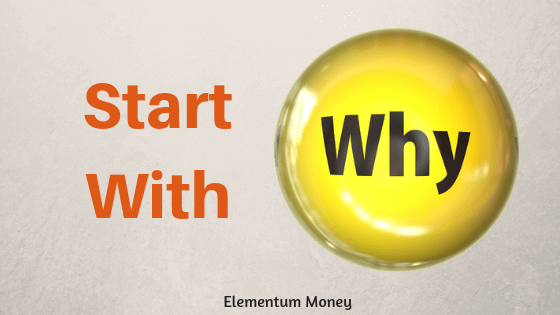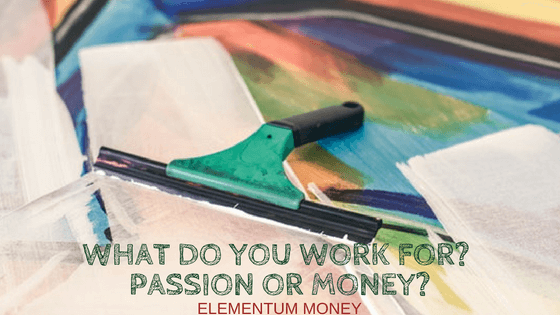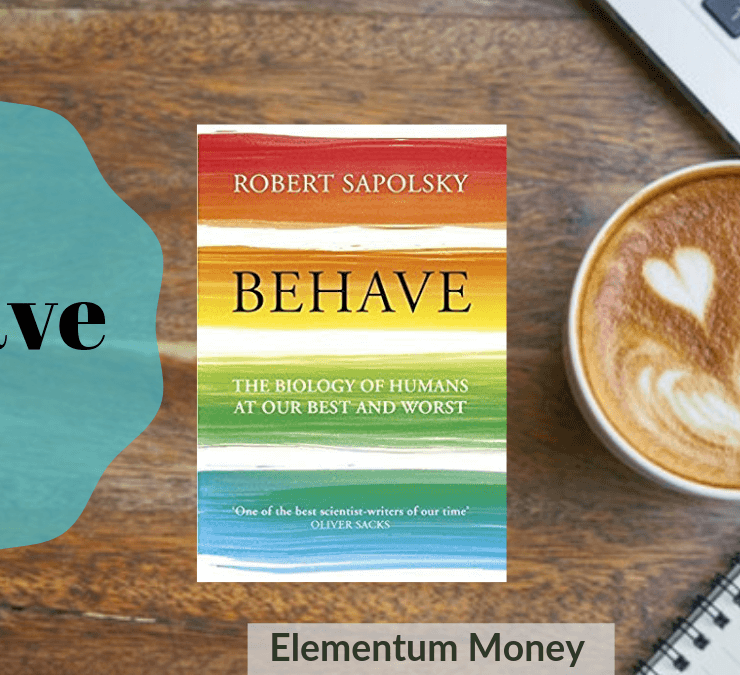Writing is a lot of funny things. It shows character if you are disciplined enough to keep at it. Yet, in one of the most fundamental ways it shows how you are feeling too. So, when I look back at how erratically I have been zombieing around when it comes to Elementum Money posts, I have two options.
One, go all defensive and say how Elementum Scribe has been taking a lot even after a weekly frequency. Apart from work and domestic chores, I have also been working on self publishing my novel which I have been dropping hints in previous posts like bread crumbs. Two, I can acknowledge that for someone who loves outdoors and has realised what a boost most people interactions provide, this lockdown is beginning to fray my edges. A lot of days this feeling of hopelessness and an invisible date stamp to things having some normalcy leads to physical and mental lethargy. But, to be honest, it’s a mix of both. In an attempt to scramble disparate threads of my ambition at a time when my brain often seems to want to give up, Elementum Money offered the least resistance to being taken easy.
Well, like any good, hopefully with longevity blogger, I realise the folly of my ways. I want to come back to the fold of a weekly post. But, like any self aware person who has an idea of past trends, I won’t make any promises but rather dip my toes gingerly into the idea of Elementuming regularly on the Money front once again.
Now, that my sob story is out of the way, on to the topic for today. Recently, Warren Buffet celebrated his 90th birthday. As we were discussing it, my husband turns to me and says, “You know what, Aparna? Have you ever noticed he has such a shit diet with a coke everyday but he is so hale and hearty at 90? That’s because he has ikigai!”. As I thought about it, I realised for a change we were on the same page.
What is Ikigai?
While today, we hipsters think of Ikigai as a Japanese concept ensconced in a cute, tiny sky-blue coloured book there’s more to it. In fact, as I read the book I realised that my nose involuntarily turned up in distaste at how scantily the whole concept was covered.
Recently, as I read one of psychology’s classics – Man’s Search for meaning – by Viktor Frankl, I realised that Ikigai as a book borrows heavily from it. Frankl, being a psychologist by profession, looked at the idea of a purpose or a meaning to life as a means towards happiness. He often quoted a memorable quote by a German colleague:
“He who has a why to live can bear almost any how”
-Fredrich Nietzche
For me, the quote above had one of highest profoundness density per word that I have seen in a long time. As per Frankl, there could be three sources of meaning in life – one, in work, two, in love and three, in facing difficult circumstances.
In a way, he used all three to come out of the concentration camp in Auschwitz alive. He often thought and wrote his book that he wanted to see published. He lived in the assumption that his wife was alive in another camp, which he sadly got to know as untrue once he got out. As for the third one, probably nothing else in human history comes close to the scale of difficulty that Auschwitz does.
When I think of Ikigai or meaning, in my view there can be multiple sources simultaneously. But, more importantly, they all come from passion and can evolve over time. You can out grow some or you can even look at an elevated version of something that you were doing. For instance, as children for most of us getting a good education is our purpose which for very obvious reasons we outgrow. Similarly, life is rarely static and our ikigai flows and meanders along with it.
Why is Ikigai important
This coronavirus pandemic and it’s subsequent lockdown has made the role of ikigai even more stark in our lives. Atleast personally I have realised what I have missed as well as what are those things, aspects or activities that still have it in them to make me happy in this weird stage of existence.
1. Ikigai or meaning has been linked to longevity
This is probably the reason why the little blue book caught so much attention. So many of us are looking for an elixir to longer life and ikigai has been found to help a lot of people do so. In fact, a lot of people struggle with retirement because they realise too late that work provided their ikigai. Sure, they may have looked forward to days of doing nothing. But, most humans are not made for such an existence.
2. It reduces stress
In my view, a big factor when it comes to stress is a feeling of helplessness and loss of control. When you figure out and constantly remind yourself of your ikigai, it reinforces and strengthens that confidence in your place in the world. In some ways, it is very reassuring and can help smoothen shorter term volatility in life. For instance, beyond a point, I really did not see my ikigai in being a marketer. As I discovered my growing passion for and a calling to whittling down Personal Finance to its’ basics it calmed me down.
3. It’s a more forward looking view to life
We can often feel stuck in life, either in the present or even in the past. In some ways, ikigai is an answer to the whole existential crisis that we can feel engulfed in. Even during this lockdown, think of areas where you are presently and you can continually make a difference. Sure, the kids might be annoying beyond a point but you are still moulding them into good human beings.
How to find your ikigai
I generally like to research on a topic before going ahead to type out my views. But, in this instance I thought most writers took a very unilateral view of the idea. When you look up for how to find your ikigai, the most common result shows a Venn diagram with overlapping emotions to essentially help find ikigai in the work domain. Or maybe even to help you become an entrepreneur.
To me, ikigai is much more than that. It can be a sort of a compass to a more fulfilling life rather than simply help find a career direction. So, my three steps that I chart below could feel a little macro level but come from personal experience.
1. Pause
For most of our adult life, we are literally scrambling from one point to the other without giving a thought to almost anything. It’s like life’s epic relay race where the focus is only on delivering the baton from one point to the other, without wondering if you even like the landscape. Some of the best athletes attribute their superior performance to the quality of their downtime.
Take some time out of your hectic schedule to sit still in one place and let yourself be. Hit the pause button because sometimes that’s a pre-condition to feel anything.
2. Reflect
This I think is the most important aspect. Most of us are not in sync with ourselves where we don’t even know what makes us happy. Or where we think is the reason for our lives. Try to run past your typical day to understand where you may be making a difference. Is it in caring for your elderly parents? Is it in that funky app you have been burning the midnight oil for? It does not have to be path-breaking or ground-shaking. We all make a difference in our own custom-made ways to make the world a better place.
3. Act
This to me is one of the toughest aspects. Newton’s first law states that an object will remain at rest or in uniform motion in a straight line unless compelled to change its state by the action of an external force. We humans are no strangers to inertia. We hate change and even if we know an action that needs to be taken, we often need that external push or budge. Don’t wait for that unjustified crappy appraisal or a big event to rouse you from slumber. If your reflections tell you to take even an uncomfortable action, do it. Remember, an oops is better than a what-if.
Ikigai or knowing what gives your life meaning is one of the best gifts that you can give to yourself. Remember it can evolve or change or flow. But, it will always be something that will light up your path to a fulfilling journey.





Leave a Reply